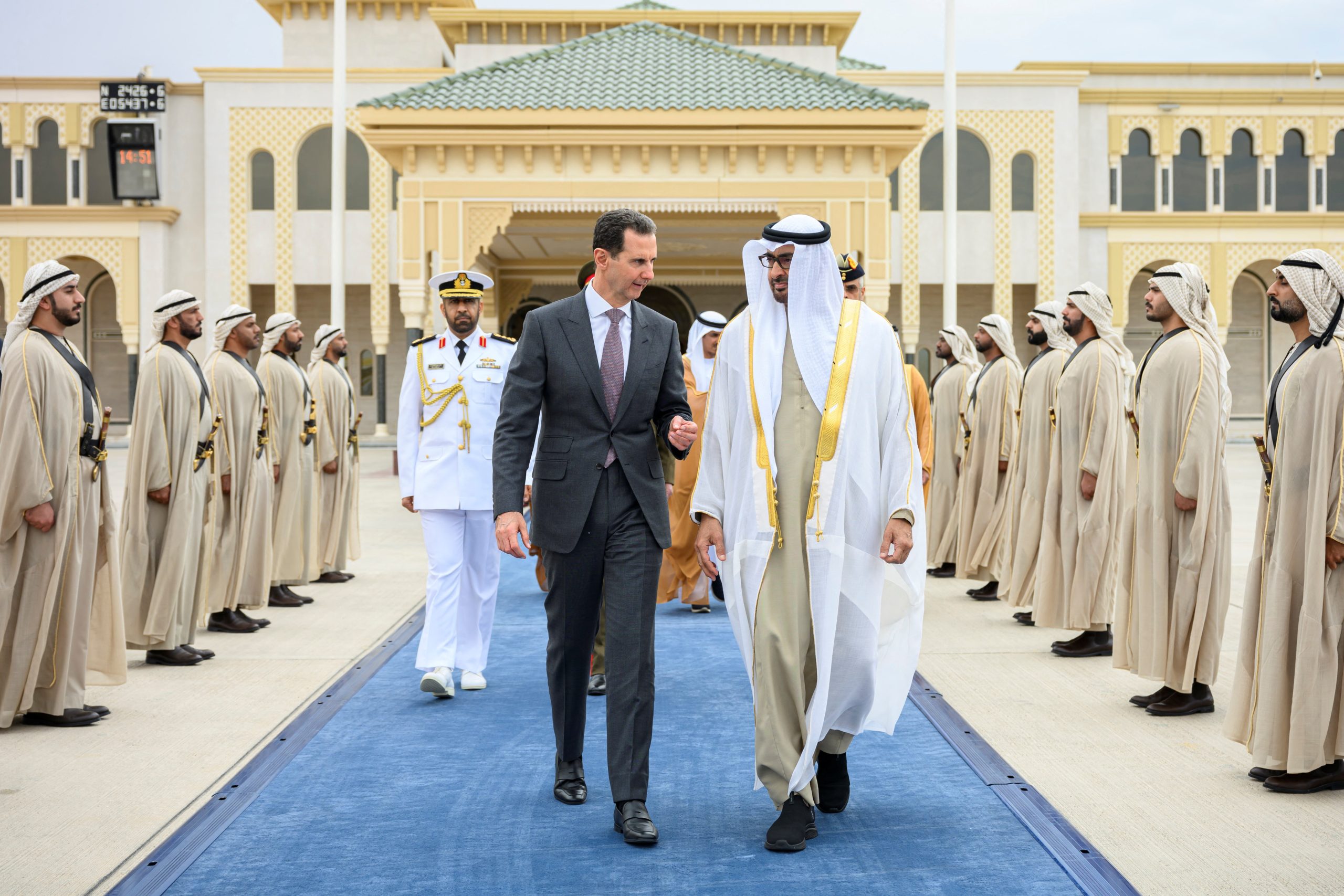The Arab countries supporting normalization sought stability within Syria and aimed to curb the production and trafficking of drugs, particularly Captagon. Syria had become a major producer and exporter of this drug to neighbouring Arab Gulf nations, exacerbating concerns. Global customs statistics revealed substantial quantities of Captagon pills seized since 2016, with a significant portion evading confiscation. Reports from Western media and economists indicated that this illicit trade contributed an estimated $6 billion annually to the Syrian regime’s budget, with devastating societal consequences due to drug addiction. Moreover, the normalization supporters hoped to facilitate the return of Syrian refugees, especially from Lebanon, Jordan, and Turkey.
The decision to normalize relations with a regime under American sanctions stemmed from the desire to distance the Syrian government from Iran and to urge the withdrawal of Iranian-backed militias from Syria. Additionally, the Arab countries wished for the Syrian regime to engage in a political process aligned with the “step-for-step” plan outlined in UN Resolution No. 2254. This plan, presented by UN envoy Geir Pedersen and endorsed by Jordan, received approval from other Arab counterparts. The question that arises now is whether any of these aspirations have been realized in the three months since Bashar al-Assad’s reintroduction at the Arab Summit.
The countries endorsing this normalization, led by Gulf states, are becoming increasingly uneasy as they await indications of the Assad regime’s intent to alter its course on various fronts, which, as of now, remains largely unchanged. The regime itself has shown disappointment and defiance, even after receiving promises of financial support and Gulf investments to aid Syria’s struggling economy and reconstruction efforts. In terms of achieving stability within Syria, recent events have proven the opposite. Almost immediately after the agreement, Russian aircraft, regime forces, and Iranian militias resumed bombing opposition-held areas, resulting in civilian casualties, destruction, arrests, and torture.
The Syrian regime’s actions have defied the expectations of the normalization proponents. Instead of showing signs of change, the regime has deepened its ties with the Iranian regime. New agreements have been forged, and Iranian President Ibrahim Raisi’s visit to Damascus yielded several memorandums of understanding. Additionally, the arming of Iranian-backed militias within Syria has escalated. Iranian Revolutionary Guards commander Ismail Qaani’s unannounced visit to Syria underscored this, although Israeli airstrikes on their positions soon followed. Ongoing reports indicate the movement of Iranian planes and trucks across Syrian and Iraqi borders, often prompting Israeli responses.
The stagnation in Arab normalization can be attributed to the Syrian regime’s reluctance to adhere to the provisions of the Arab initiative, particularly those led by Saudi Arabia and Jordan. The regime has not fulfilled its commitment to combat drug smuggling and production, nor has it shown genuine dedication to a political solution. Instead, it has assumed a victorious stance, demanding the opposition’s submission.
Furthermore, there appears to be a divergence among Arab nations regarding the implementation of UN Resolution 2254, which outlines the solution for Syria. In a telling sign, Saudi Arabia has halted the reopening of its embassy in Damascus, indicating growing reservations about their relationship with the Assad regime.
In conclusion, the hundred days since Bashar al-Assad’s reentry into the Arab fold have cast doubt on the success of the normalization process. The initial hopes for stability, drug control, refugee returns, and political engagement have faced significant challenges and setbacks, highlighting the complexity of the Syrian situation and the limitations of the Arab nations’ influence in shaping the regime’s behaviour.
This article was translated and edited by The Syrian Observer. The Syrian Observer has not verified the content of this story. Responsibility for the information and views set out in this article lies entirely with the author.


